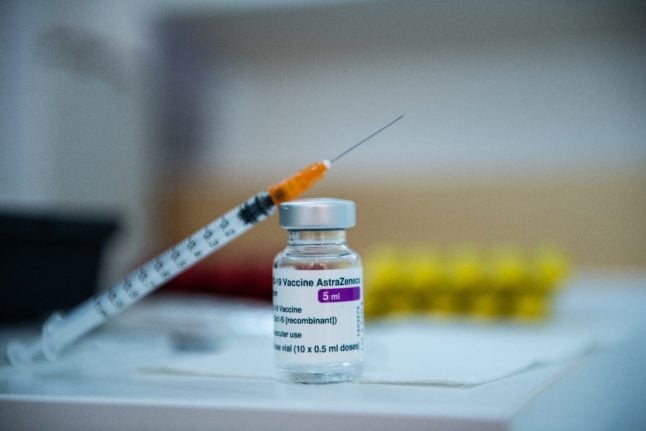The National Institute for Public Health (NIPH) said on Thursday that it will be receiving approximately 670,000 doses during the period between April and June.
The health authority previously expected to receive between 890,0000 to 1,670,000 doses in April, May and June.
“This is an approximately 60 percent reduction in the second quarter, if we take into account the most optimistic estimate,” Knut Jønsrud, department leader for vaccine supply for NIPH, told newspaper VG.
This is likely to have an impact on NIPH’s vaccine program, although the national health service operates with plans for both an optimistic and a pessimistic scenario.
The NIPH, which yesterday paused the use of the AstraZeneca vaccine as a precaution over fears of a link to blood clots, is now working to update its schedule.
Norway did receive a boost to its vaccination program on Friday when it was announced that another vaccine supplier, Johnson & Johnson, would be delivering over 900,000 doses beginning in mid-April.
The cut in the number of vaccines being reduced is due to the AstraZeneca halving the number of doses it planned to send to the EU.
Denmark will also receive almost one million fewer doses between April, May and June as a result of AstraZeneca reducing its expected supply to the EU.
READ ALSO: AstraZeneca suspension: Blood-clot risk ‘no higher in vaccinated people’



 Please whitelist us to continue reading.
Please whitelist us to continue reading.
Member comments